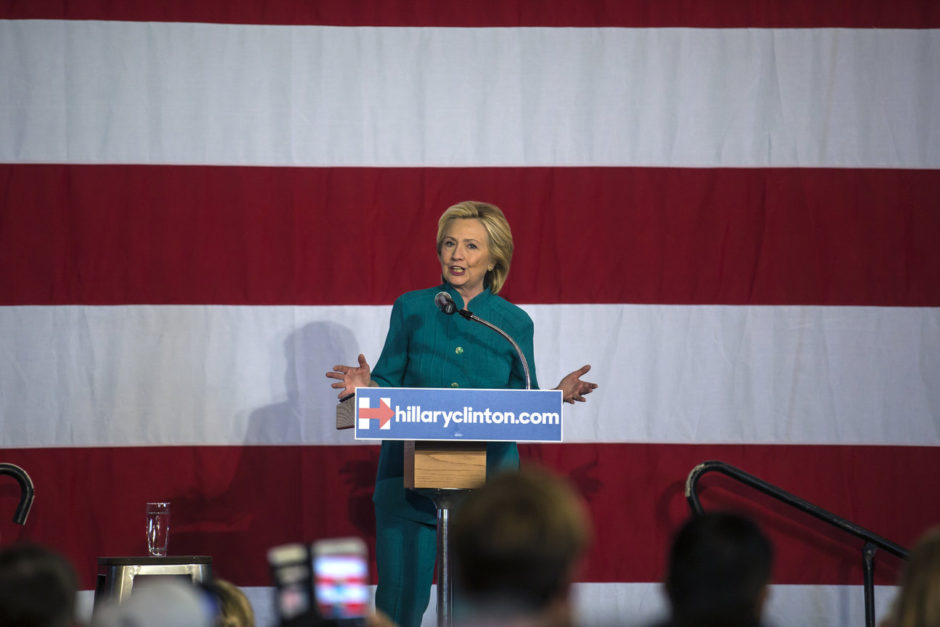Surveys suggest that Israel’s popularity in the United States remains strong despite victories by the boycott, divestment and sanctions (BDS) movement on university campuses. But Israel is losing ground in the Democratic Party, which will nominate Hillary Clinton as its presidential candidate later this month in Philadelphia.
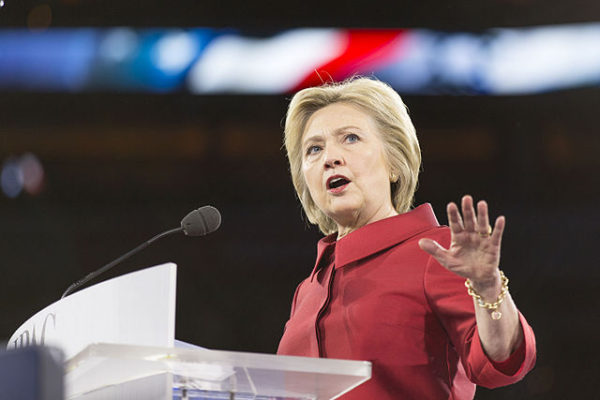
The party’s liberal wing has begun to turn away from Israel. According to a survey released by the Pew Research Center in May, 40 percent of liberals in the party are pro-Palestinian, while 33 percent are pro-Israel.
Last year, the political consultant/pollster Frank Luntz, who’s identified with the rival Republican Party, reported that support for Israel among Democrats has eroded. As he put it, “Israel has won the hearts and minds of Republicans, while at the same time it is losing the Democrats.”
As he pointed out, three quarters of liberal-minded Democrats think that Israel exerts too much influence over U.S. foreign policy, while fewer than half believe that Israel seeks peace with the Palestinians.
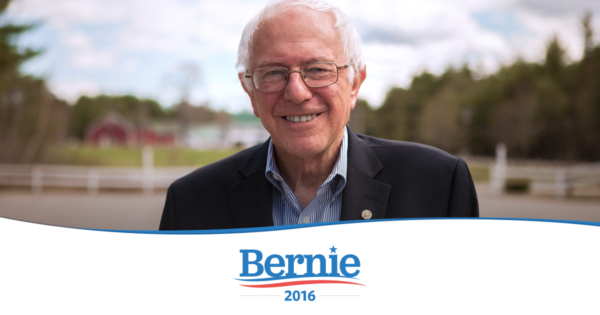
The shift in Democratic opinion away from Israel was reflected in Senator Bernie Sanders’ recent decision to appoint two pro-Palestinian figures, Cornel West and James Zogby, to the party’s platform drafting committee.
Sanders, Clinton’s chief opponent and the first Jewish candidate to win a primary, expressed firm support for Israel’s right to exist within secure borders. But in a caveat, he added, “I also believe that lasting peace in the region will not occur without fair and respectful treatment of the Palestinian people.”
Responding to Sanders’ appointments, Clinton’s chief foreign policy adviser, Jake Sullivan, said that Clinton — a centrist — would resist attempts to soften the party’s pro-Israel orientation. As its platform on the Middle East was being debated, Clinton operatives quashed an amendment calling for “an end to occupation and illegal settlements.”
Having rejected this wording, the committee adopted a middle-of-the-road position advocating a two-state solution guaranteeing Israel’s security, with recognized borders, and providing the Palestinians with “independence, sovereignty and dignity.”
It’s a policy Clinton can easily defend and promote.
Since her first trip to Israel in the winter of 1981, she has been staunchly pro-Israel, notwithstanding her differences with Israel over settlements in the West Bank and the Iran nuclear agreement.
Clinton speaks of “the unbreakable bonds of friendship and unity between the people and governments of the United States and Israel.” She contends that America’s alliance and partnership with Israel “transcends politics.” She says she is deeply committed to “Israel’s future as a secure and democratic Jewish state.”
In a recent speech, she said, “I have stood with Israel my entire career. As a senator, I fought to get Magen David Adom accepted to the International Red Cross when other nations tried to exclude it. I wrote and co-sponsored bills that isolated terror groups, and pushed to crack down on incitement in Palestinian textbooks and schools. As secretary of state, I requested more assistance for Israel every year, and supported the life-saving Iron Dome rocket defence system. I defended Israel from isolation and attacks at the United Nations.”
Clinton lambasted the Goldstone report, which was critical of Israeli actions during the 2008-2009 war in the Gaza Strip. And in 2012, with another cross-border Gaza war raging, she worked out a ceasefire between Israel and Hamas. During the 2014 Gaza war, she accused Hamas of aggression and of ultimate responsibility for civilian casualties on both sides.
But in accordance with President Barack Obama’s vision, she blasted Israel’s settlement policy in the West Bank, describing Jewish settlements there as “illegitimate.”
During this year’s presidential campaign, she has been unwavering in her commitment to Israel.
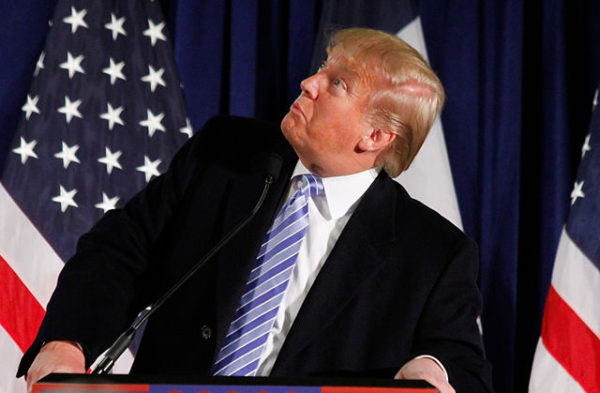
Addressing the American Israel Public Affairs Committee in Washington, D.C. this past March, she lambasted her presumptive Republican opponent, Donald Trump, as unreliable. “We need steady hands,” she said. “Not a president who say he’s neutral on Monday, pro-Israel on Tuesday and who-knows-what on Wednesday because everything’s negotiable.”
In another dig at Trump, she said, “We can’t be neutral when rockets rain down on residential neighborhoods, when civilians are stabbed in the street, when suicide bombers target the innocent. Anybody who doesn’t understand that has no business being our president.”
Speaking at a rally in San Diego, she declared, “Israel’s security is non-negotiable.” The United States, she said, has “a moral obligation” to defend Israel.” In a speech to the Jewish Federation of Des Moines, she said, “Israel needs a strong America by its side, and America needs a strong and secure Israel by our side, an Israel that remains a bastion of stability and a core ally in a region of chaos.”
In 2014, shortly after announcing her candidacy, she said that the United States should “intensify and deepen cooperation with its Middle East partners, particularly Israel.”
Clinton opposes the BDS campaign.
“BDS seeks to punish Israel and dictate how the Israelis and Palestinians should resolve the core issues of their conflict,” she said two months ago.
She boasts that a Clinton administration would be better for Israel than the Obama administration, which is reviled by some Israelis and American conservatives, and claims that her rapport with the Israeli leadership would be a cut above that of her former boss.
“Diplomacy is all about personal relationships,” she observed last year in a talk to potential Jewish donors.
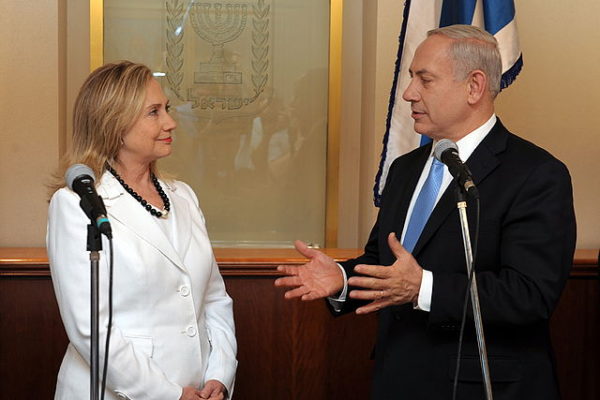
In a reference to Obama’s strained relations with Israeli Prime Minister Benjamin Netanyahu, Clinton said, “We need to all work together to return the special U.S.-Israeli relationship to a constructive footing, to get back to basic shared concerns and interests.”
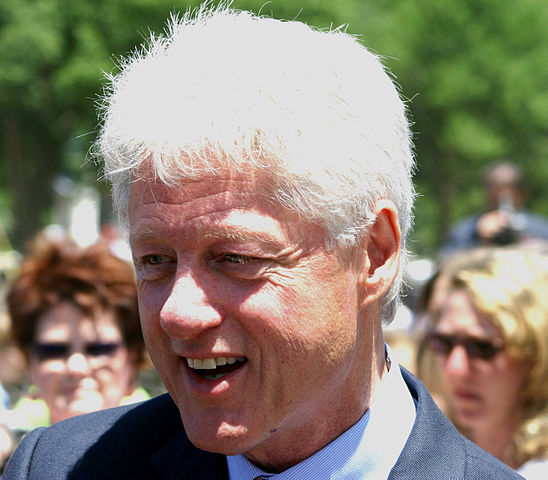
Dennis Ross, a former U.S. envoy to the Middle East, believes that Clinton would avoid public spats with Israel. Bill Clinton, the former president, made sure that disputes were “managed in private and not magnified in public,” he noted.
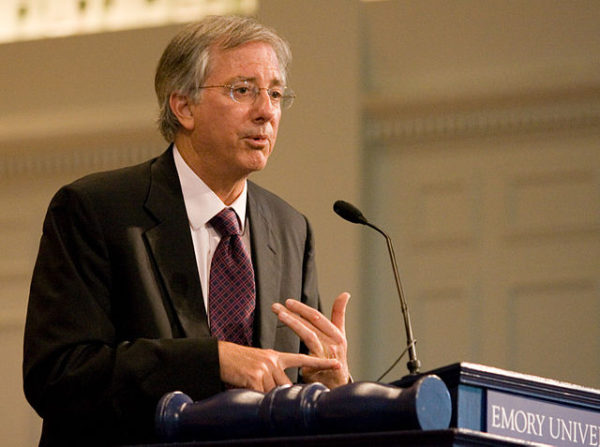
Unlike Trump, Clinton is supportive of the nuclear accord signed by Iran and the six major powers. “Diplomacy is not the pursuit of perfection” but “the balancing of risk,” she explained.
Clinton regards the agreement as a way to contain Iran, which she has branded as a “ruthless, brutal regime.” She says she would not hesitate “to take military action” against Iran should its leaders try to obtain an atomic arsenal.
It’s clear that Clinton would deploy military power if necessary.
She backed Western intervention in Libya in 2011 to depose Muammar Gadaffi, the Libyan dictator. She argued in favor of assassinating Osama bin Laden, the Al Qaeda leader. She called for greater U.S. support of Syrian rebels battling President Bashar al-Assad, claiming that failure to build “a credible fighting force” against his regime would leave “a big vacuum” that jihadists would fill.
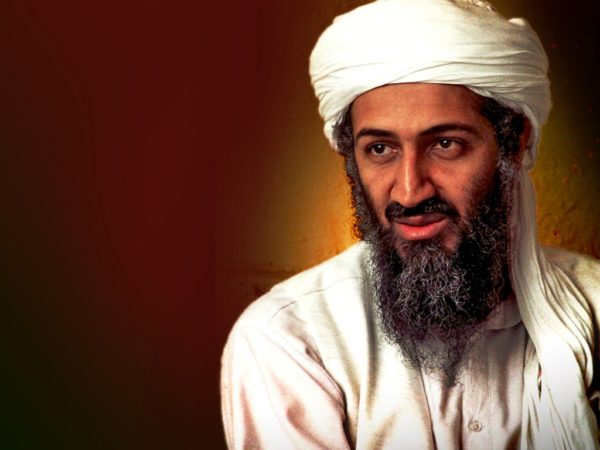
As for Islamic State, an organization that has wreaked havoc throughout the Middle East and Europe, she thinks it should be defeated and destroyed rather than deterred or contained.
Clinton is one tough lady, and her election as president would send an unmistakable signal to friends and foes alike that the United States is a reliable ally and a ferocious enemy.
